School of Public Health faculty, staff, and students stood steadfast through another year of the COVID-19 pandemic. Though challenges shifted and changed, many things were familiar: masks, distance work, quarantining, testing, and the ever-present worldwide vigilance for variants. On August 2021, the school launched a year-long pilot phase of a flexible work culture.
Our teaching and learning — the bedrock of our school — continued to adapt as instructors and students stayed safe while staying connected, either online or in person.
This year also marked the most critical commitment our school has made in its 77-year history: the determination to be antiracist. With our Strategic Plan for Antiracism to guide us, this new way of thinking, doing, and being will become a fundamental piece of our character and the touchstone of everything we do as a school.
In the data, stories, and photos below, you’ll get a feel for the extraordinary dedication and energy that our community brought to its work this year as we launched new educational initiatives, delved deeper into the causes of health inequities, and explored the effects of COVID-19. In FY21, SPH had the second-largest dollar amount of awards at the University, with external awards growing by $201.9 million (306.6%), which includes a $189.8 million award to the Coordinating Centers for Biometric Research (CCBR) to test possible COVID-19 treatments in clinical trials across the nation and the world.
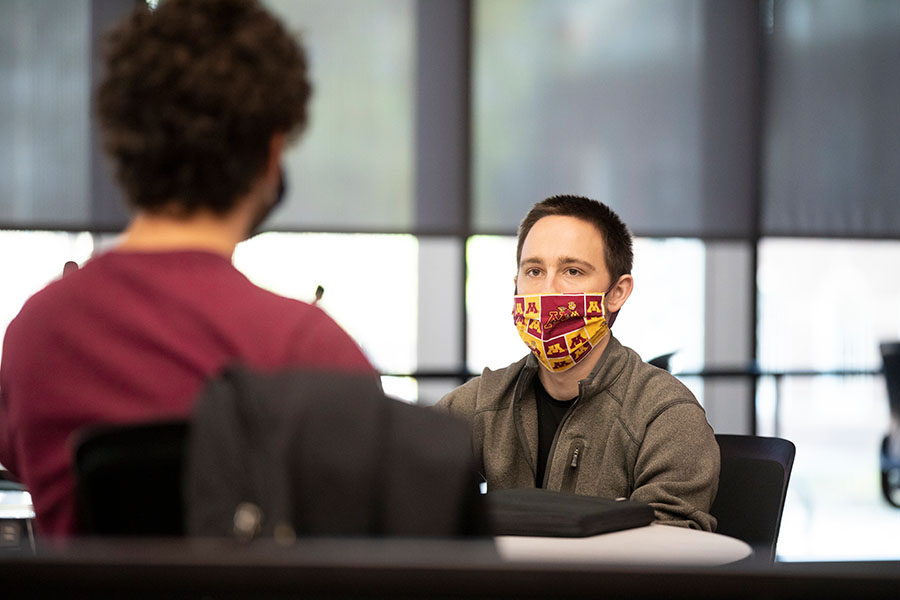
Our community in 2021
- 84 new staff
- 4 new faculty
- 12,085 living alumni
- 1,521 current students
- 512 incoming students for spring, summer, and fall 2021 semesters, combined:
- Enrollments were up 4%
- Black, Indigenous, and students of color made up 37.3% of students
- Students come from 22 countries, 38 states and DC, and 290 undergraduate schools
New Faculty

Horacio Duarte joined SPH as an assistant professor on June 30. A physician-epidemiologist with clinical expertise in pediatric infectious diseases and methodologic expertise in decision science, Duarte’s research focuses on developing simulation-based models to evaluate strategies aimed at improving the treatment and prevention of HIV among adult, pediatric, and maternal populations in resource-limited settings.
Assistant Professor Manka Nkimbeng joined SPH on March 1. She works to develop and test interventions that can be translated into health policies and clinical practice to improve health and eliminate health inequities for older adults.
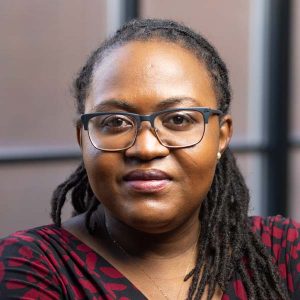
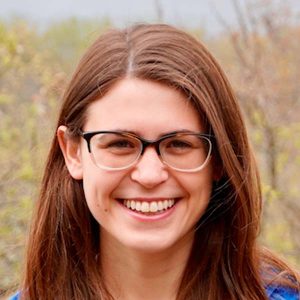
On May 31, Lianne Siegel joined SPH as a biostatistics assistant professor. Her methodological research interests include the design and analysis of clinical trials and she is supporting the trials conducted by the Coordinating Centers for Biometric Research (CCBR). Her applied research interests include the treatment of COVID-19, critical care medicine, and pathology.
Health services researcher Assistant Professor Shekinah Fashaw-Walters joined SPH on July 19. She strives to understand the inequities in aging while clarifying and naming racism as a fundamental determinant of health inequities within long-term care. Her research focuses on both nursing homes and home- and community-based services and is guided by her commitment to antiracist work that moves beyond the classroom.

Becoming an antiracist school
In July, SPH launched its five-year Strategic Plan for Antiracism. The ultimate goal of the plan is to have antiracism — and the commitment it entails — as a fundamental, unwavering part of our school’s character. Vital to the school’s success is the collaboration and dogged determination of each community member. The three actions that are part of the plan’s theme — “Building Equity, Driving Justice: Commit | Challenge | Change” — are constant reminders of what is called for from the entire school.
Agents for Change is an initiative that supports the strategic plan and profiles SPH faculty, staff, and students who are doing the work of combating racism. When asked what excites him most about this plan, Dan Cheng, associate director of recruitment and admissions, answered, “I’ve spoken with colleagues at other institutions who are developing strategic DEI plans, and many of them say that they start and stop, start and stop, but don’t follow through to implementation. I have confidence that SPH is really moving forward in this work and is doing so honestly, collaboratively, and with a holistic view about how we can all thrive at SPH.”
Record-breaking generosity
In 2018, the School of Public Health publicly launched a historic philanthropic challenge: to raise $40 million to support student success, world-class faculty, and pioneering research. The number was 10x greater than any previous goal, but with the dedication of alumni and friends, faculty and staff, and nearly 3,500 first-time donors, the school reached its $40 million campaign milestone in 2021.
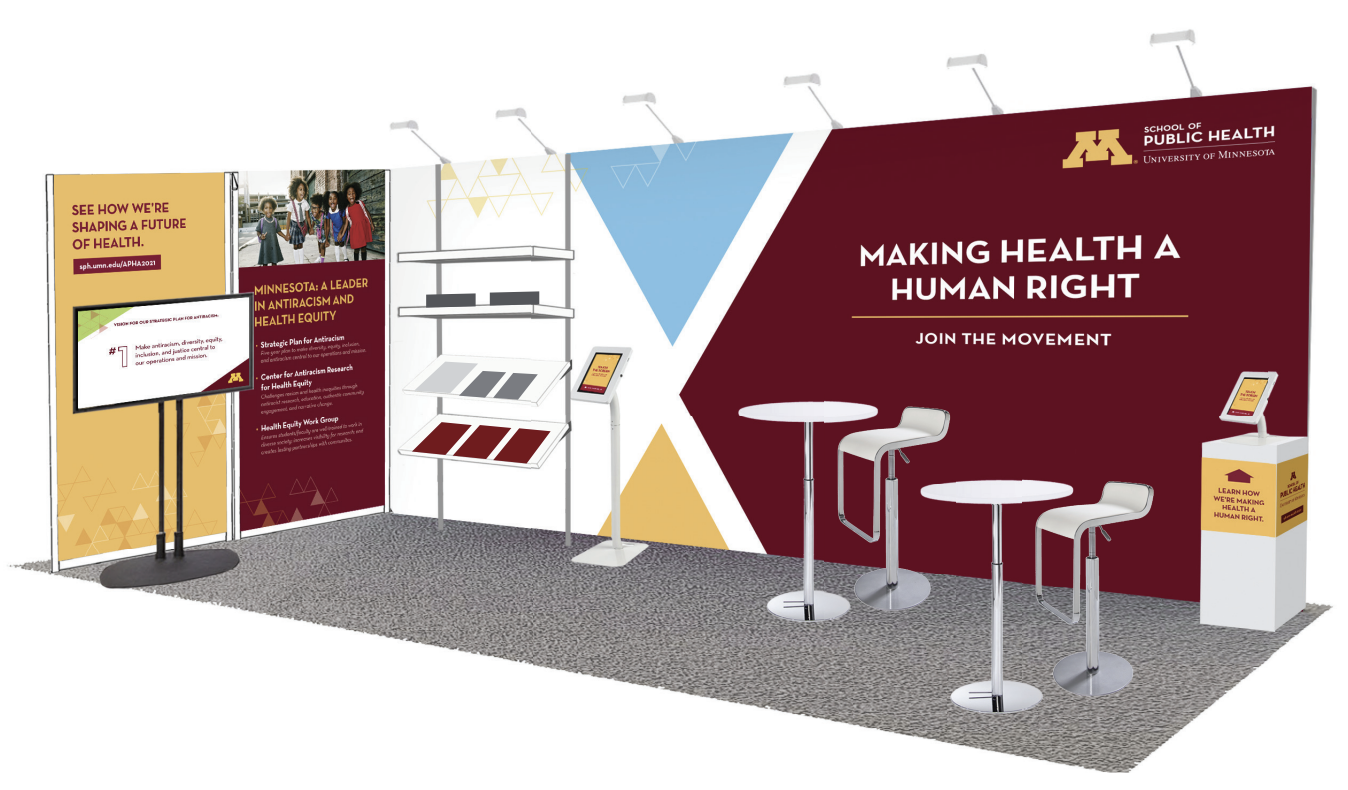
First time in 10 years
The American Public Health Association (APHA) holds an annual conference that provides an opportunity for SPH faculty to present research and further influence how public health is practiced. For SPH students, the APHA conference is a chance to stay on top of current research and to network with colleagues across the U.S.
As part of the conference, schools and programs can show off the best of what they do in exhibits and booths. In 2021, after not participating for a decade, SPH had an in-person and virtual presence at this year’s conference to promote its leadership and innovation in health equity and antiracism. With a conference of 4,000 in-person attendees and 7,000 virtual attendees, more than 400 people visited the SPH booth and the school saw more than 48,000 impressions on social media.
2021 SPH initiatives

Making sense of big data
Many public health professionals lack the necessary skills to use all the data available to them to glean meaningful insights and findings. Enter the new SPH Public Health Data Science MPH, one of only a handful of such degrees in the country that offers students the opportunity to combine public health and data science into one degree. “People do not need to know about public health or data science in order to apply — they just need to be enthusiastic about using data to improve health,” says SPH associate professor and program director Julian Wolfson.
Biostatistics goes to high school
Students in the Division of Biostatistics outreach program and the St. Paul Public Schools (SPPS) joined to create and introduce an interactive curriculum to expose ninth-graders to data science by using a real-world public health scenario involving air quality and the environment. The curriculum helps SPPS meet new state standards for more data-driven science classes and builds confidence in its students as they understand what data means and how to use it. [The biostatistics curriculum development team, from left to right: Michelle Sonnenberger, Maria Masotti, Rachel Zilinskas, Sara Samorodnitsky, biostatistics instructor Marta Shore, and Lillian Haine. Absent from the photo is the late Sharon Ling.]
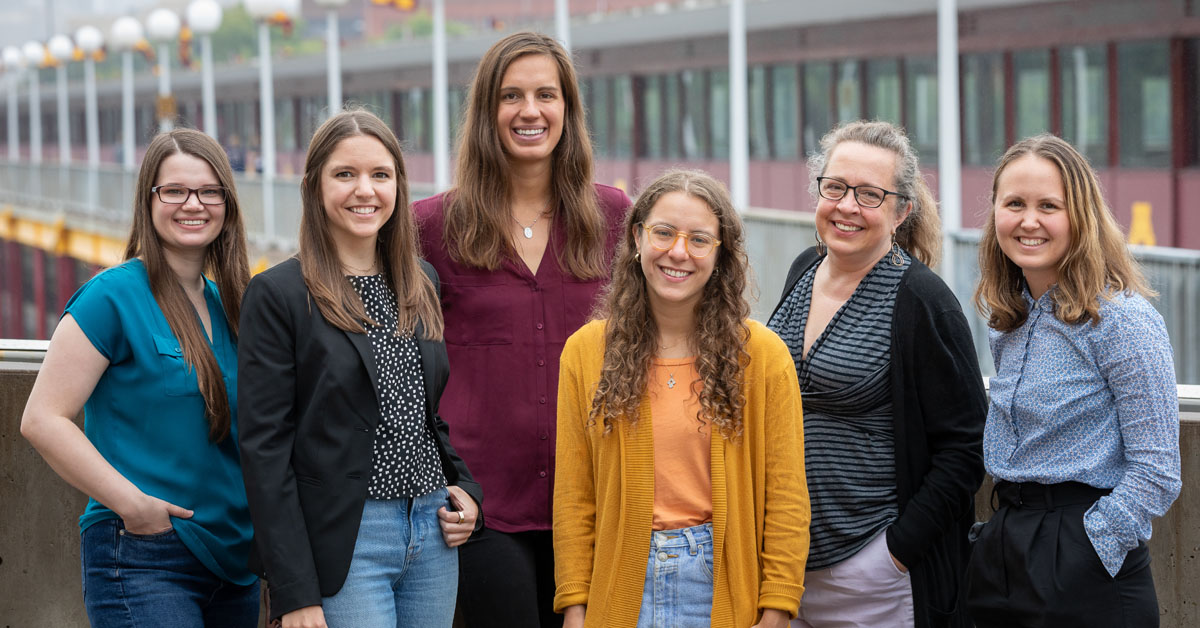
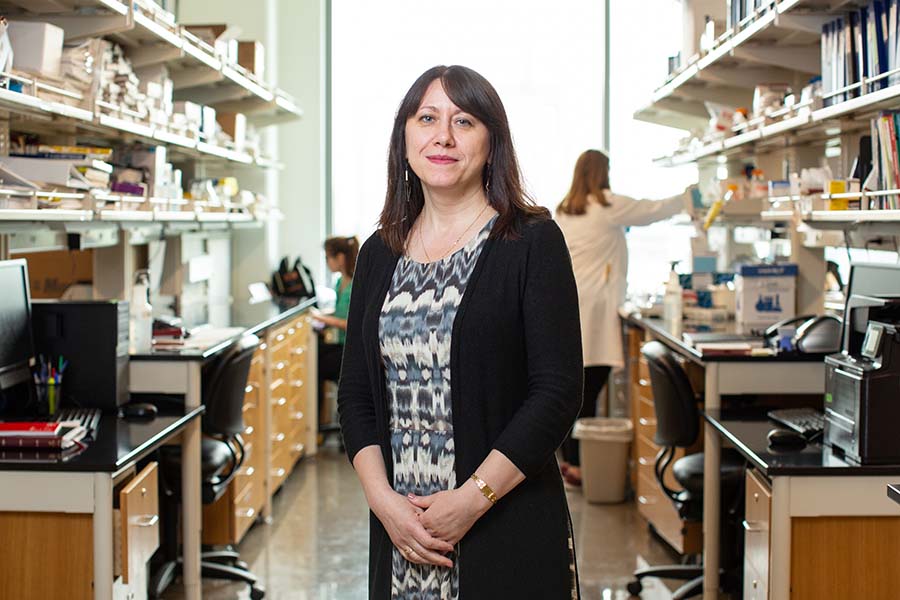
Institute for Global Cancer Prevention Research
Irina Stepanov, SPH Mayo Professor, launched the Institute for Global Cancer Prevention Research with initial funding from SPH, the Medical School, and the Masonic Cancer Center. The institute will aim its efforts towards low- and middle-income countries as well as local immigrant communities, and focus its work on tobacco control, environmental causes of cancer, and infectious agents and cancer.
Center for Antiracism Research for Health Equity
With a $5 million gift from Blue Cross and Blue Shield of Minnesota, the School of Public Health established the Center for Antiracism Research for Health Equity. The truth that racism is a fundamental cause of health inequities, and that each of us has a responsibility to do our part to create change, guides the work of the center. Rachel Hardemen, Blue Cross Endowed Professor of Health and Racial Equity, serves as its founding director.

Further SPH initiatives
Certificate in Healthcare Management for Behavioral Health
In 2021, the School of Public Health and the Hazelden Betty Ford Graduate School of Addiction Studies came together to offer a new higher education opportunity for behavioral health professionals. The certificate program is one of the only programs of its kind in the U.S.
4 + 1 Environmental Health MPH
The Division of Environmental Health Sciences joined with the College of Biological Sciences and the UMN-Rochester bachelor of science in health sciences program to allow undergraduate students to graduate with both a BS and an MPH in environmental health in five years.
Midwest Consortium for Hazardous Waste Worker Training
The School of Public Health is the new home for the Midwest Consortium for Hazardous Waste Worker Training. A five-year, $10 million award from the National Institute of Environmental Health Sciences will fund the consortium and Professor Peter Raynor will lead its activities.
InTERACCT
Associate Professor Susan Arnold is the principal investigator for $1.1 million grant to develop a web-based curriculum called InTERACCT to train the next generation of professionals who will be responsible for protecting the health of those who work with emerging technologies, such as 3D printing and novel drug delivery systems.
Center for Learning Health System Sciences
A collaboration between the Medical School and the School of Public Health established the Center for Learning Health System Sciences, with Professor Timothy Beebe as its deputy director. The center uses existing evidence, gathers new knowledge from care delivery, and rapidly implements innovations into direct patient care.
2021: A year of vaccines, variants, and valuable research findings
On December 14, as 2020 was drawing to a close, Minnesota received its first doses of COVID-19 vaccines. With such protection in circulation, hopes were high that 2021 would bring a return to safety and life as we knew it. We had not reckoned on so many people being averse to vaccinations, nor did we know that the Delta and Omicron variants were waiting around the bend.
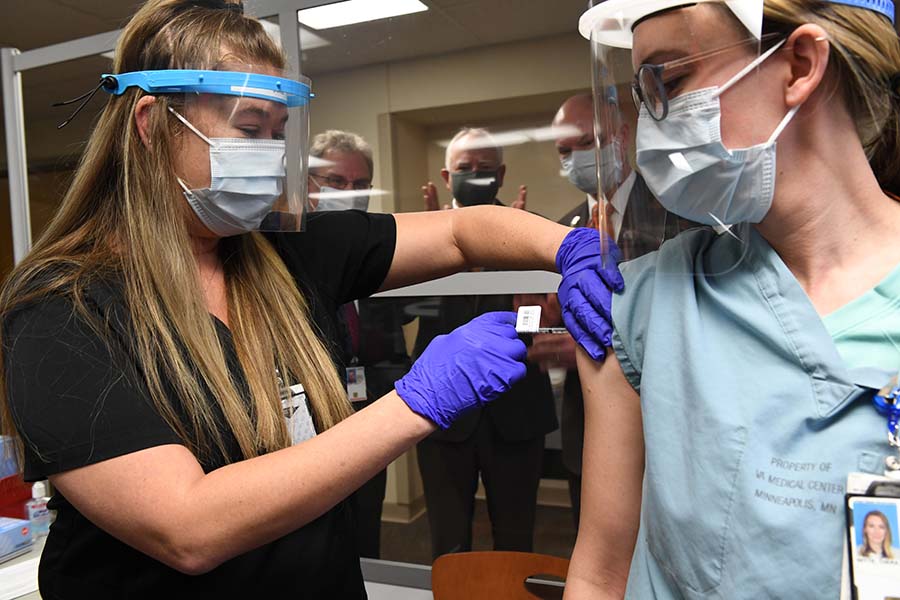
-
January
Associate Professor Ryan Demmer and School of Nursing professor Jayne Fulkerson begin a study to help healthcare systems determine how to best support the health and well-being of employees during the pandemic.
-
January 11
PhD student Zachary Levin publishes research showing that some states have seen COVID-19 pediatric hospitalizations increase by as much as 5,000%.
-
January 28
A two-sampler approach may be necessary to detect COVID-19 and other viruses and accurately measure their concentrations, finds Professor Peter Raynor.
-
March 10
Minnesota expands its COVID-19 vaccine eligibility as the state approaches its goal of vaccinating at least 70% of people 65 and older.
-
March 15
Professor Dianne Neumark-Sztainer collaborates on study that finds COVID-19 linked to disordered eating.
-
March 30
Minnesota expands COVID-19 vaccination to all state residents ages 16 and older.
-
April
Researcher JP Leider leads the development of a system designed to quickly and fairly connect patients and providers with facilities offering monoclonal antibodies and other COVID-19 treatments.
-
May
Delta variant found present in the U.S. population; by June it accounts for more than 99% of U.S. COVID-19 cases.
-
July 15
SHADAC’s Colin Planalp reports that drug overdose deaths grew by 30% during the first year of the pandemic.
-
November 26
WHO names Omicron and classifies it as a Variant of Concern.
-
December 2
First Omicron case identified in Minnesota.
-
December 8
University of Minnesota mandates that all faculty and staff are required to submit proof of vaccination by this date.
-
December 13
U.S. marks 800,000 recorded COVID-19 deaths; the CDC suggests the actual death toll is about 32% higher than what's officially reported.
-
December 16
Minnesota surpasses 10,000 deaths from COVID-19.
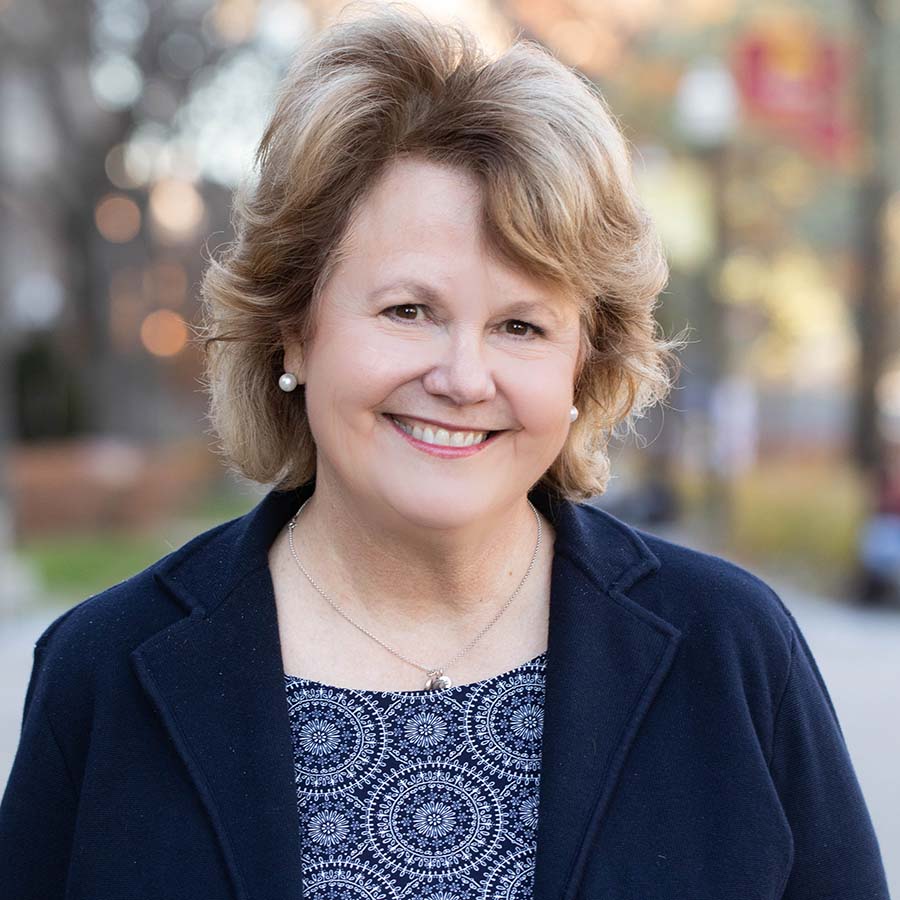
SHADAC
The State Health Access Data Assistance Center (SHADAC) at SPH is an indispensable national resource. Professor Lynn Blewett leads SHADAC and works alongside its valuable team of researchers. The center keeps its eye on what’s happening across the U.S. as it collects data and maps trends. In 2021, SHADAC offered us a picture of the true toll of the pandemic and the tragedies unfolding in its wake, such as drug overdose deaths and growing mental health burdens.
Acknowledging our state’s original inhabitants
The School of Public Health resides on Dakota land ceded to the state in the Treaties of 1837 and 1851. In November 2021, SPH released its new land acknowledgement to honor the people who first lived here and cared for the land.
The School of Public Health at the University of Minnesota Twin Cities is built within the traditional homelands of the Dakota people. Minnesota comes from the Dakota name for this region, Mni Sóta Maḳoce, which loosely translates to the land where the waters reflect the skies.
It is important to acknowledge the peoples on whose land we live, learn, and work as we seek to improve and strengthen our relations with our tribal nations. We also acknowledge that words are not enough. We must ensure that our institution provides support, resources, and programs that increase access to all aspects of higher education for our American Indian students, staff, faculty, and community members.

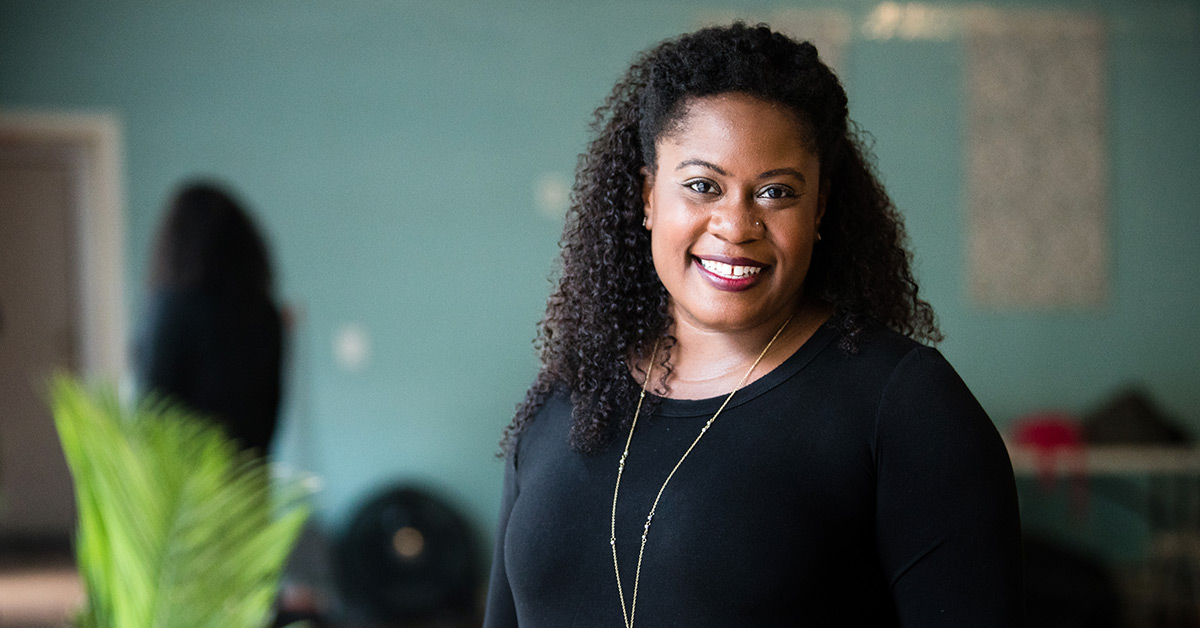
Expert guidance
SPH experts are quoted in the media an average of 97 times per day as they provide clarity to the media, policymakers, health care leaders, health departments, and others on wide-ranging topics.
This year, the Centers for Disease Control and Prevention (CDC) chose Blue Cross Endowed Professor of Health and Racial Equity Rachel Hardeman to join the committee that advises the CDC director, the secretary of the Department of Health and Human Services, and the assistant secretary for health. Disbanded under President Trump, the 14-member Advisory Committee to the Director has been re-established under federal law and will specifically recommend ways to prioritize CDC’s activities, improve results, and address health disparities.
2021 research highlights
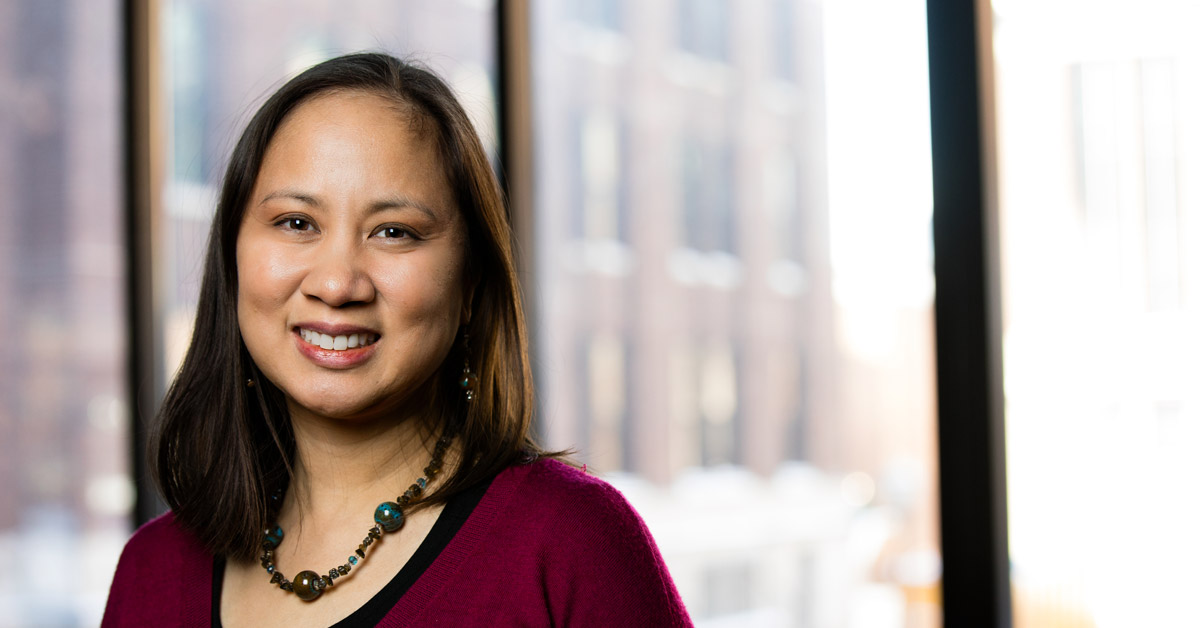
In 2021, Marizen Ramirez became the SPH associate dean for research. This year, she was also named the Leon S. Robertson Professor in Injury Prevention and received a Community-Engaged Scholar Award from the University. As associate dean for research, Ramirez focuses on celebrating the school’s research successes; supporting faculty, student, and staff research endeavors; and creating opportunities for new collaborations among divisions.
Below is just a sample of important findings from the past year. See more research on our website.
How to protect Black youth from racism’s impact
Black youth in the U.S. grow up in a society with a long, pervasive, and on-going history of interpersonal and institutional racism that produces stress. Graduate Jessie Austin and Associate Professor Sonya Brady found that Black youth who feel more connected to their racial-ethnic identity and community have greater emotional well-being — even when experiencing racism.


The lasting effects of hunger
Growing evidence shows a strong link between disordered eating and food insecurity, or hunger, which disproportionately affects individuals across lower socioeconomic groups. SPH postdoc Vivienne Hazzard led a study showing that young people who had experienced severe food insecurity were more likely to report some of the most concerning disordered eating behaviors throughout adolescence and young adulthood.
A colorism paradox
A research team led by Assistant Professor Jaime Slaughter-Acey looked at data from Black mothers in Detroit and discovered a curious finding. Among women in Generation X, lighter skin tone was associated with lower preterm birth rates, but among Millennial Black women, darker skin tone was associated with lower rates. Both groups had similar preterm birth rates, but why was skin tone a deciding factor in who within each group carried their babies full term? Slaughter-Acey has no clear answers as of yet.
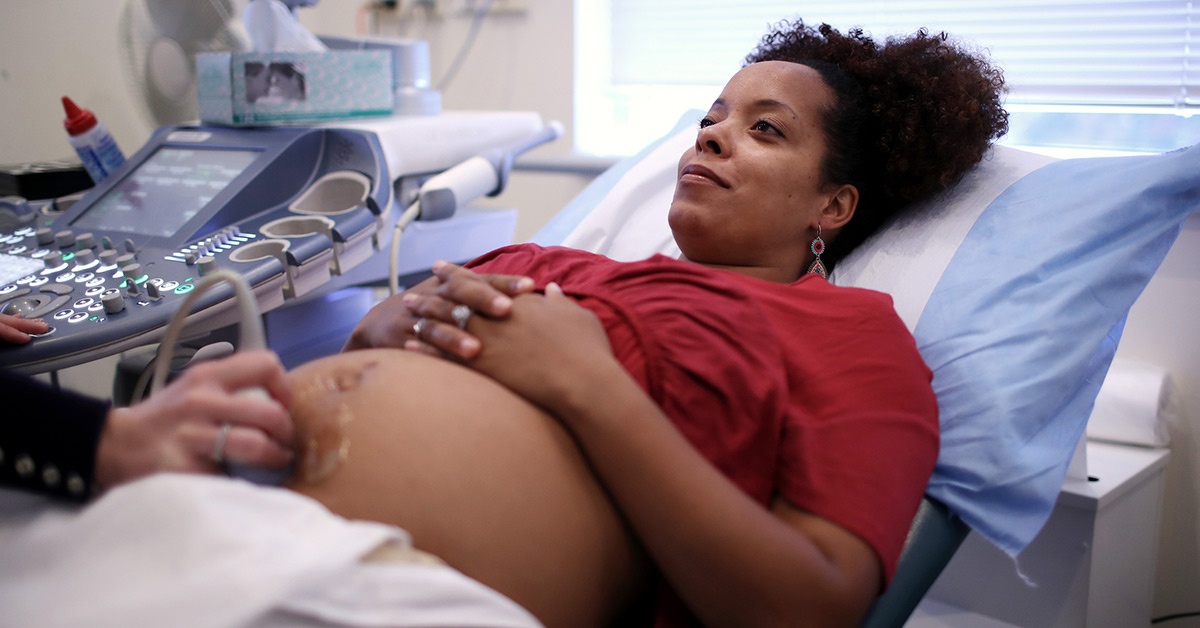

Over-policing and preterm births
Research from Associate Professor Rachel Hardeman shows a link between the stress of living in an over-policed neighborhood with higher odds of preterm birth. Compared to people living in police low-contact areas, white mothers experienced a 90% higher chance of preterm birth; U.S.-born Black mothers experienced a 100% higher chance of preterm birth; and Black mothers born in other countries showed a 10% higher chance for preterm birth. “Our results show that over-policing is bad for everyone, but that the burden is not shared equally,” says Hardeman. “The difference between U.S.-born and non-U.S.-born Black birthing people also reveals that racism — and not race — creates health inequities…”
Care now and post-pandemic
We know that the pandemic is causing physicians to burn out, but what’s happening to their practices? Most physicians saw office visits plummet in March 2020, only returning to pre-pandemic levels after six months. Assistant Professor Hannah Neprash studied nationwide Medicare data and found that doctors left medicine at higher rates during the pandemic than before, and anecdotal evidence suggests they may be accelerating retirement plans, closing their practices, or seeking careers outside of clinical medicine.
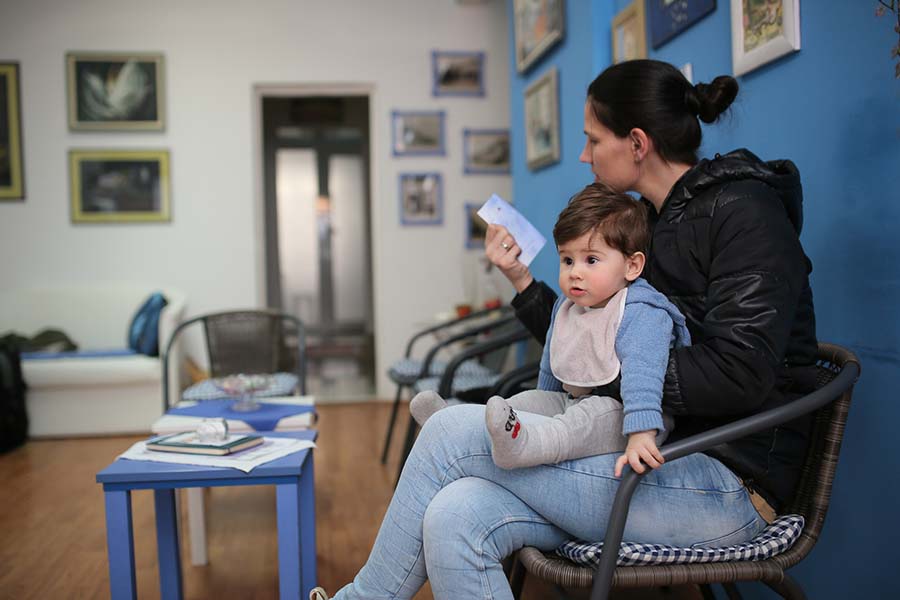
Awards and recognitions
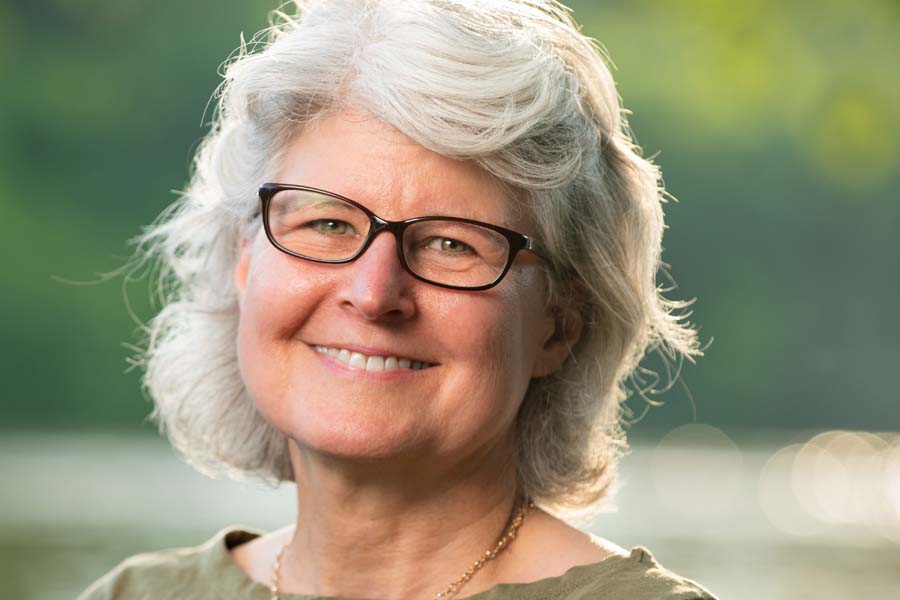
Lisa Harnack joins Academy for Excellence in Health Research
The University chose Professor Lisa Harnack to join the Academy for Excellence in Health Research, its highest recognition of distinction in health-related research. Harnack is a nutrition research pioneer, improving the scientific evidence on which nutrition policies, programs, and practice are based, and she directs the nationally recognized Nutrition Coordinating Center that provides software, databases, and services to support nutrition research.
Professor Wei Pan received this honor in 2020.
Katy Kozhimannil named Distinguished McKnight University Professor
Professor Katy Kozhimannil, director of the Rural Health Research Center, devotes her career to ensuring healthy lives and greater equity in rural places and communities. For her scholarship, leadership, and impact, the University of Minnesota named her a Distinguished McKnight University Professor. She will hold the title for as long as she remains at the University and her name will be added to the Scholars Walk.
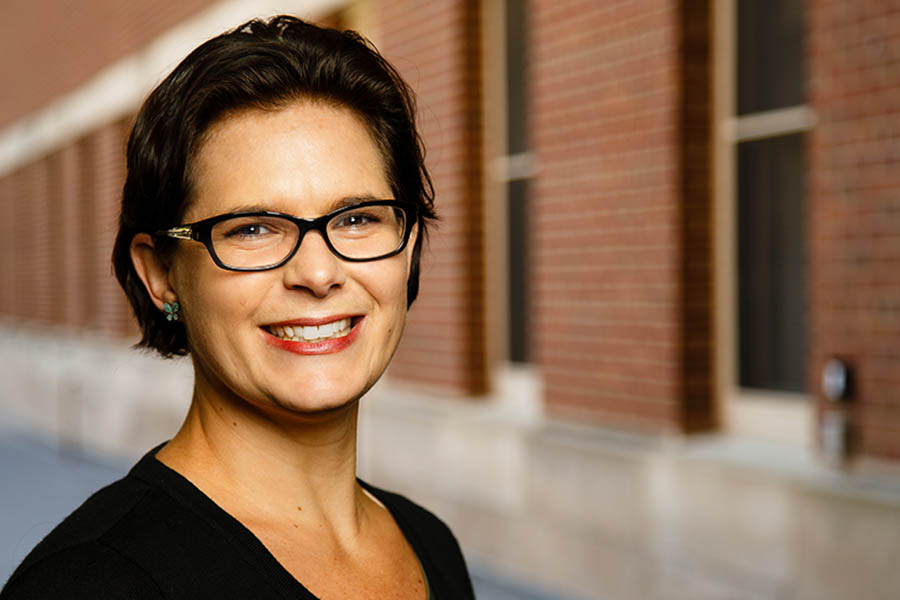
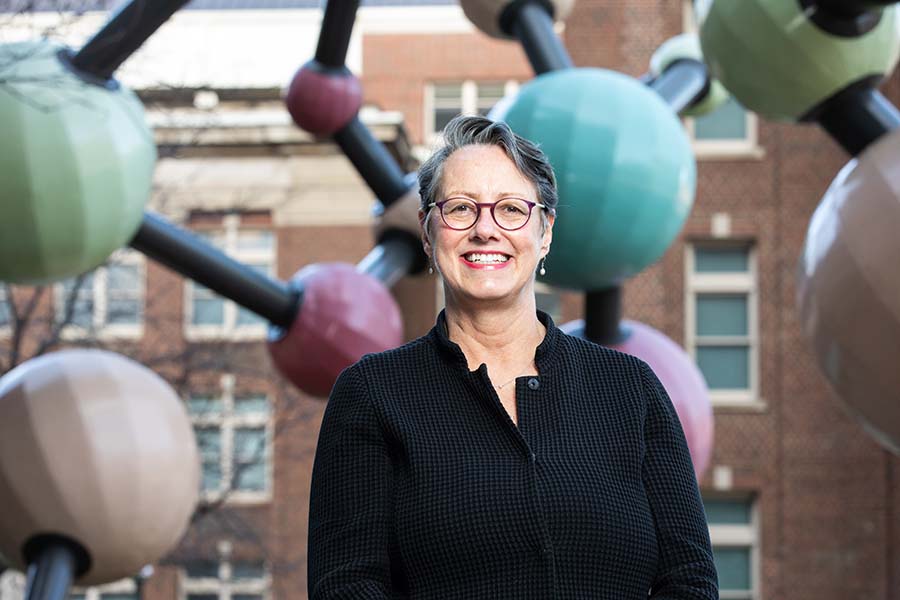
Rebecca Wurtz becomes a Distinguished University Teaching Professor
Associate Professor Rebecca Wurtz was given the University’s Award for Outstanding Contributions to Graduate and Professional Education for her unstinting dedication to giving her students the most engaging, relevant, and challenging educational experience possible. With the award comes the University’s highest education honor: membership in the Academy of Distinguished Teachers and the title of Distinguished University Teaching Professor. The University will permanently display Wurtz’s photo on the Twin Cities’ campus Scholars Walk.
Other notable awards
- Associate Professor and Blue Cross Endowed Professor of Health and Racial Equity Rachel Hardeman: 2021 Bush Fellow
- Associate Professor Carrie Henning-Smith: 2021-22 Fesler-Lampert Chair in Aging Studies
- PhD candidate Serena Xiong: UMN Outstanding Community Service Award
- PhD student Madison Anderson: American Indian Science and Engineering Society Sequoyah Fellowship

